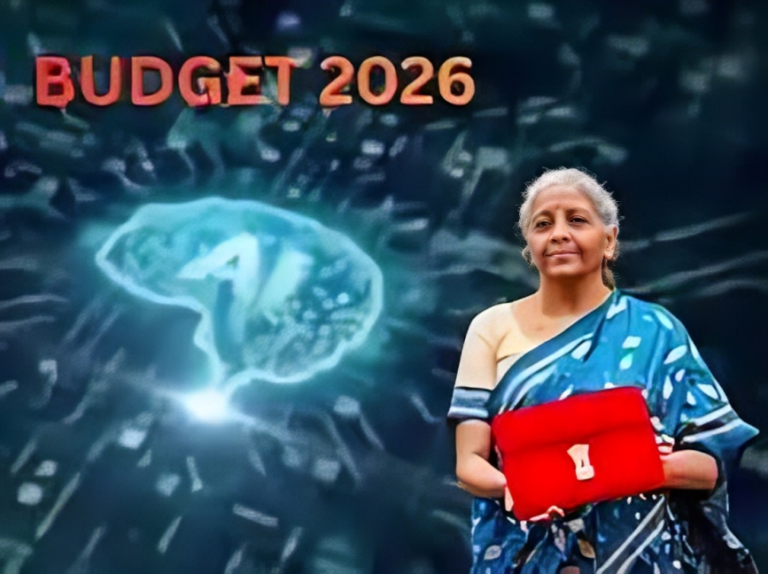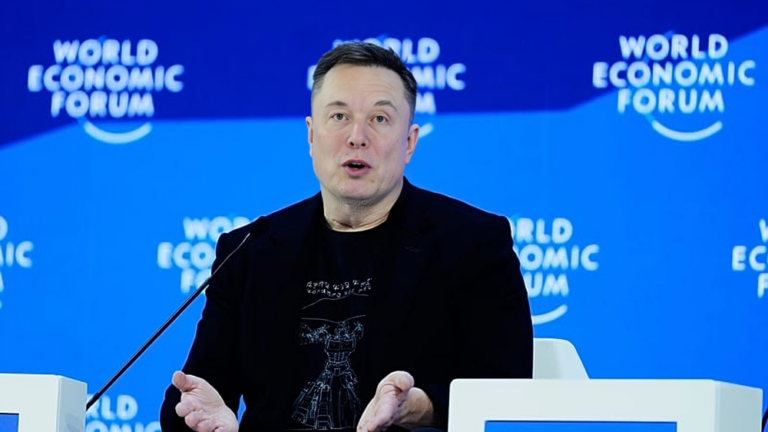Artificial intelligence could help make it easier to build chemical and biological weapons, Prime Minister Rishi Sunak has warned.
In a worst-case scenario, society could lose all control over AI, preventing it from being switched off, Mr Sunak said. While the potential for harm is disputed, we must not “put our heads in the sand” over AI risks, he argued. In a speech aiming to present the UK as a world leader in AI, the PM said the technology was already creating jobs. He added that the development of the technology would catalyze economic growth and productivity, though admitted it would have an impact on the labor market.
The prime minister’s speech on Thursday morning set out the capabilities and potential risks posed by AI – including cyber-attacks, fraud, and child sexual abuse – following the publication of a government report.
Mr. Sunak said among the risks outlined in the report was that AI could be used by terrorist groups “to spread fear and disruption on an even greater scale”.
Mitigating the risk of human extinction from AI should be a “global priority”, he said. But he added: “This is not a risk that people need to be losing sleep over right now and I don’t want to be alarmist.”
He said that he was generally “optimistic” about the potential of AI to transform people’s lives for the better. A threat that will be much closer to home for many is the disruption AI is already bringing to jobs.
Mr Sunak mentioned AI tools efficiently doing admin tasks like preparing contracts and helping to make decisions – traditionally roles carried out by employees. He said he believed education was the solution to preparing people for the changing market, adding that technology had always brought changes to the way people make money. Automation has already changed the nature of factory and warehouse work, for example, but has not entirely removed human input. The prime minister insisted it was too simple to say artificial intelligence would “take people’s jobs”, instead urging the public to view the tech as a “co-pilot” in the day-to-day activities of the workplace.













+ There are no comments
Add yours